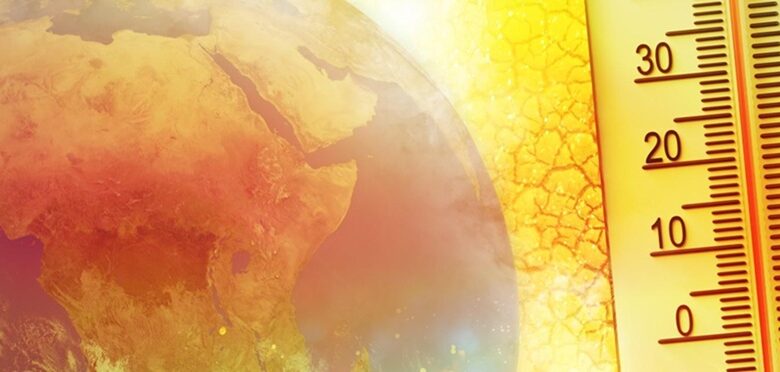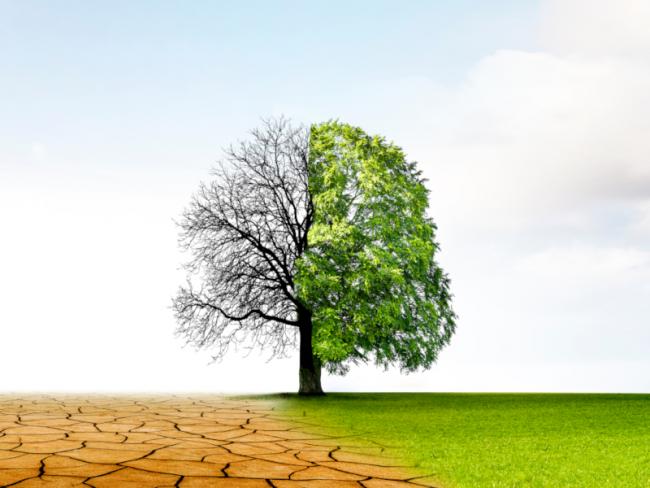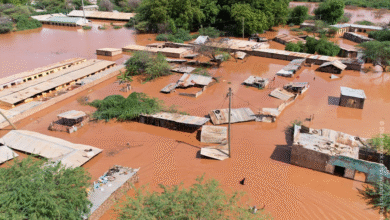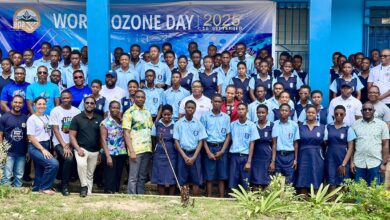Africa Pushes Back: Climate Action Must Be Science-Driven and Africa-Led

Africa’s leading climate negotiators and campaigners are demanding a major reset in how the world tackles climate change, insisting that the continent can no longer depend on externally driven solutions that fail to capture its unique vulnerabilities.
At the 13th Conference on Climate Change and Development in Africa (CCDA) in Addis Ababa on Friday, the African Group of Negotiators (AGN) and the Pan African Climate Justice Alliance (PACJA) called for climate action rooted in African science and priorities.
“African science must take center stage in guiding climate action and adaptation,” AGN Chair Richard Muyungi declared, stressing that needs-based climate finance is critical if the continent is to survive and thrive. “Climate finance is not charity it is a right, a duty, and a measure of trust,” he added, urging developed nations to finally fulfill their commitments.
The push comes as Africa enters what Muyungi described as “a new phase of climate diplomacy,” one that combines ecological wealth with scientific knowledge to demand fair treatment on the global stage.
For Mithika Mwenda, executive director of PACJA, the numbers speak for themselves. Africa contributes the least to global emissions yet remains one of the hardest hit by climate extremes. In 2024 alone, over 110 million Africans suffered from devastating floods in the Sahel, droughts in Southern Africa, and record heatwaves that ravaged farmland in the north.
“Achieving Africa’s climate goals by 2030 will require close to $3 trillion. Yet Africa receives barely 3 to 4 percent of global climate finance flows. This is unacceptable,” Mwenda said.

He warned that one of the biggest failures of the global climate system is the exclusion of Africa’s most vulnerable populations from decision-making. “We must push for structural reforms in the international financial architecture and demand full, timely, and fair access to the Loss and Damage Fund,” he added.
The conference, which runs until Sunday, has brought together policymakers, scientists, and civil society under the theme: “Empowering Africa’s Climate Action with Science, Finance, and Just Transition.”
Ghana’s own struggles echo these continental concerns. Accra’s annual flooding crises highlight what happens when climate action is not guided by localized science and proper urban adaptation measures. Despite repeated donor pledges, financing to build resilient drainage and flood management systems has been limited, leaving thousands vulnerable each year. Similarly, Ghana’s renewable energy ambitions, particularly in solar, continue to stall as investment flows fall short and access to concessional climate finance remains restricted.
As Africa continues to battle the frontline realities of climate change, its leaders are making it clear: solutions must reflect the continent’s science, its realities, and its people. For Ghanaians, the message is unmistakable—without fair climate finance and homegrown scientific leadership, everyday challenges like flooding, food insecurity, and stalled clean energy projects will persist.




